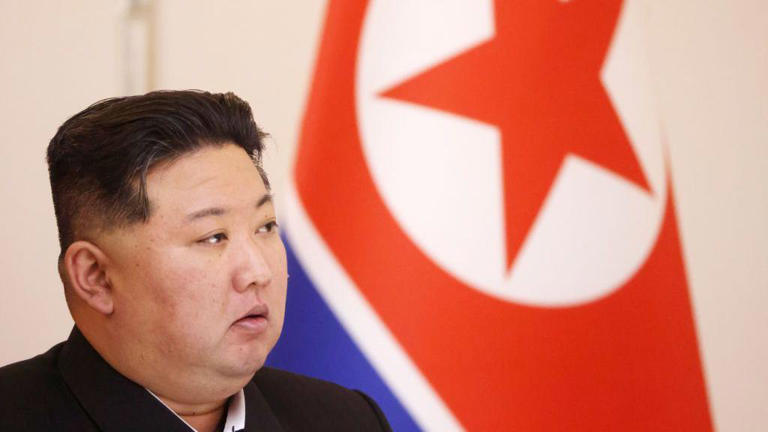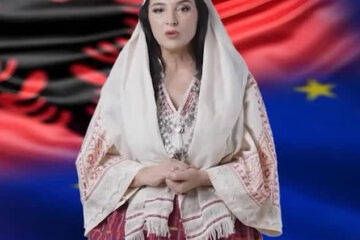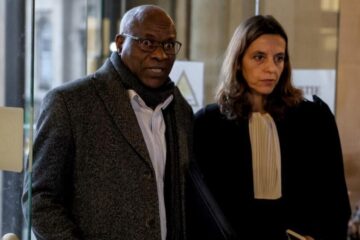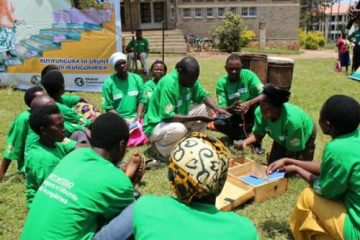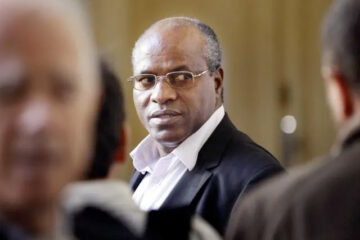A North Korean defector is set to file both civil and criminal charges against North Korea’s leader Kim Jong-Un and four senior officials over alleged abuse during her detention in the country. The case, supported by a South Korea-based human rights group, marks the first known attempt by a North Korean-born defector to seek legal accountability through a foreign court.
The plaintiff, Choi Min-Kyung, originally fled North Korea in 1997 but was forcibly returned in 2008 after being arrested in China. She alleges she was subjected to sexual violence and torture during her detention, before fleeing again and resettling in South Korea in 2012. She continues to live with trauma and says she relies on medication for her mental health.
Speaking through the Database Center for North Korean Human Rights (NKDB), Ms. Choi said she hopes the case will help prevent further suffering by others. “I earnestly wish for this small step to become a cornerstone for the restoration of freedom and human dignity,” she said.
The lawsuit is being filed in South Korea, where previous court rulings have found North Korea liable for human rights violations, though such decisions are rarely acknowledged by Pyongyang and hold largely symbolic value. The NKDB said it also plans to present the case to the United Nations and the International Criminal Court.
In response to past accusations by international organizations, North Korea has repeatedly rejected claims of systematic abuse, describing them as politically motivated and based on testimony from “hostile elements.” Pyongyang maintains that its legal and correctional systems are sovereign affairs, and it has historically resisted international scrutiny.
Over the years, cases involving defectors and prisoners of war have made their way into South Korean courts. In 2023, a Seoul court ordered compensation for three South Korean men held in the North after the Korean War. In 2024, five ethnic Koreans who had moved to North Korea from Japan under a repatriation program in the 1960s and 1980s also won a civil suit, claiming they had been misled and subjected to forced labor.
While these rulings have had no enforcement power across the border, advocates say they offer psychological closure to the plaintiffs. “What victims often seek is not only compensation but acknowledgment,” said Hanna Song, NKDB’s executive director.
International organizations, including the United Nations, have published reports raising concerns over human rights conditions in North Korea, including issues related to political imprisonment, gender-based discrimination, and limited civil freedoms. However, others caution that external legal action must navigate complex diplomatic sensitivities, especially in the absence of formal mechanisms for enforcement or dialogue with Pyongyang.
Ms. Choi’s legal team acknowledges that success in court may be largely symbolic. Still, they say the case aims to document and preserve her story within the broader international record.


